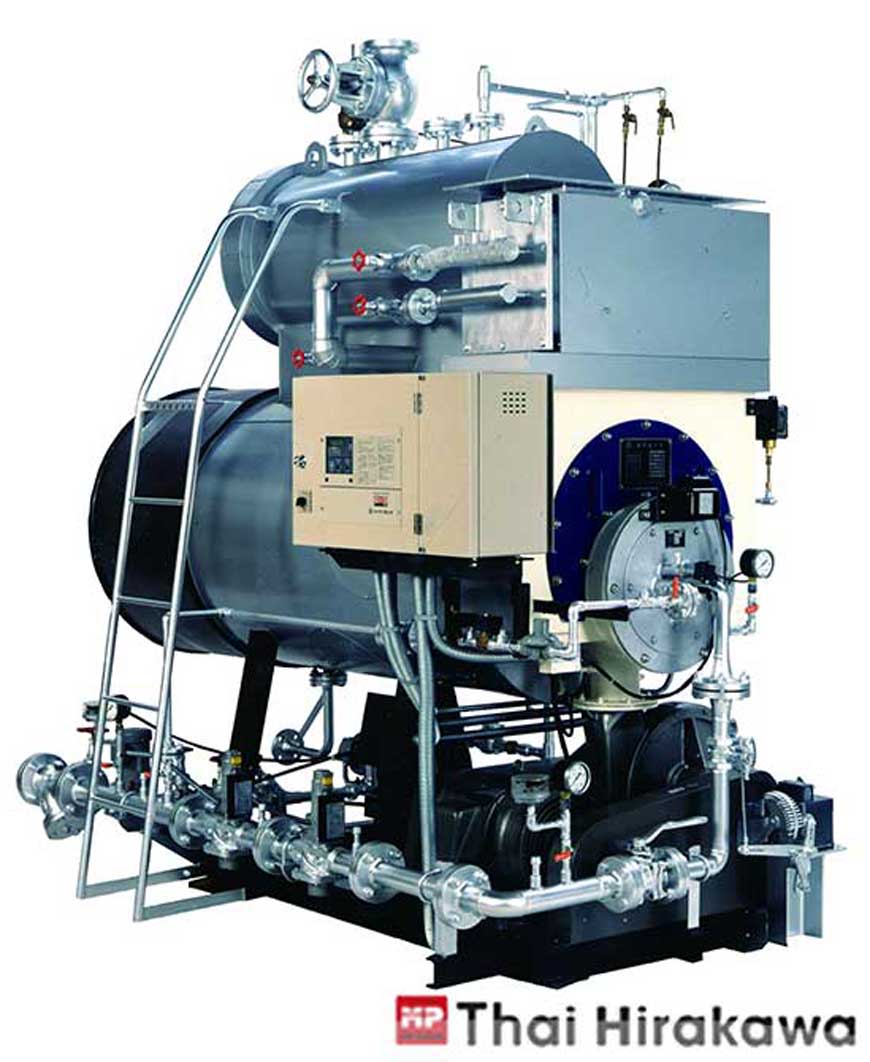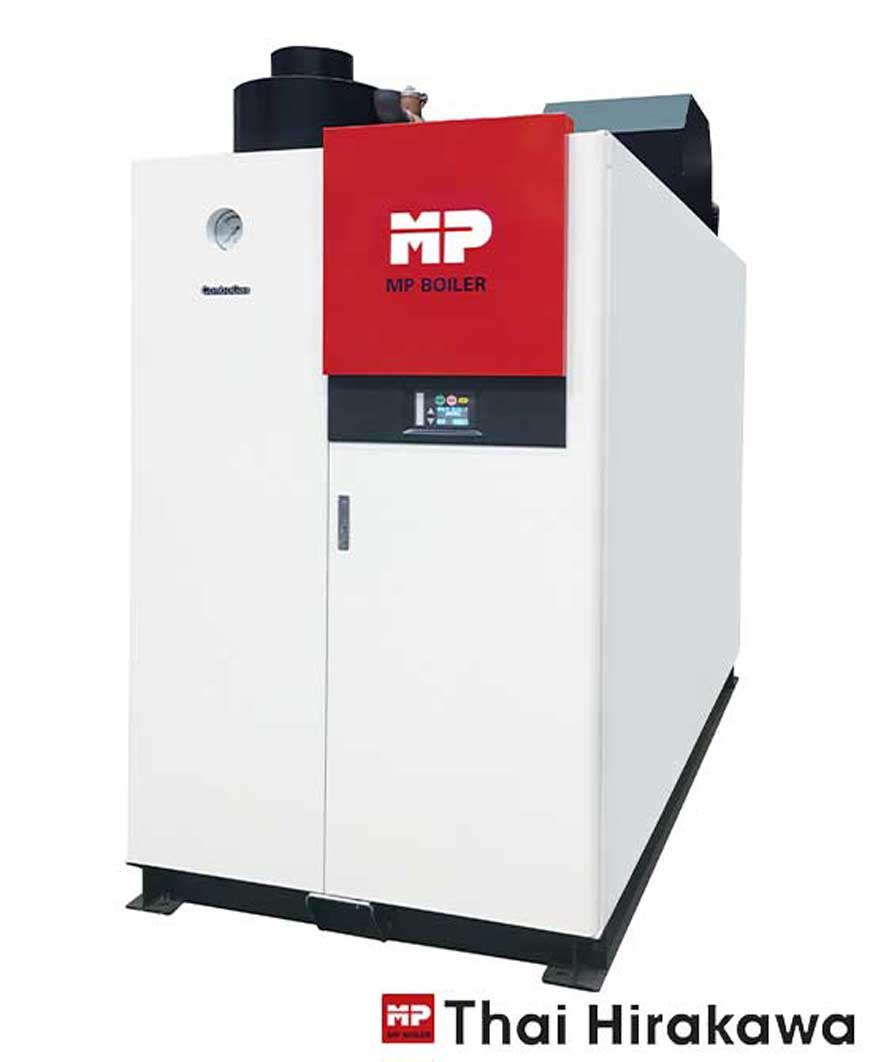2022-10-20 08:39:46
Fuel is like the heart of the production process for a steam generator or boiler. As the main tool for industrial steam production, its operation begins with fuel combustion. This heats water in the boiler, evaporating it into steam, generating high pressure to power various machinery and equipment in industrial facilities.
What is Fuel?
Fuel is a material or substance that burns readily when reacting with air or oxygen. The heat generated from combustion can be effectively utilized. Byproducts of combustion—such as exhaust gases or ash—must not harm the environment (air, water, etc.).
Three Types of Fuel Used in steam generators:
1. Solid Fuel
Solid fuels are widely available and inexpensive—such as coal, lignite, wood, bagasse, and rice husks. However, they are less preferred because they require large combustion chambers and produce high ash levels, which accelerate boiler corrosion. Solid fuels are typically crushed into small pieces before being fed into the combustion chamber to improve burn rate and enhance mixing with oxygen.
2. Liquid Fuel
Liquid fuels are widely used in industrial and automotive settings due to their convenience and high calorific value. Common liquid fuels are derived from petroleum distillates like gasoline, jet fuel, kerosene, diesel, and fuel oil.
3. Gaseous Fuel
Gaseous fuels are gaseous at normal temperature. Any gas that combusts upon reacting with oxygen to produce usable heat qualifies. These fuels are mainly hydrocarbons and offer similar calorific values. Common types include natural gas (NGV) and liquefied petroleum gas (LPG) for boilers. Natural gas, a carbon-hydrogen compound, has an average calorific value of around 40?MJ/kg and burns efficiently using only about 10% excess air.
Thus, combustion is a chemical reaction between fuel and oxygen that releases heat. The essential elements for combustion are fuel, oxygen, heat, and chemical reaction, all occurring simultaneously. Oxygen is typically supplied from surrounding air. Combustion efficiencies vary: solid fuels achieve 75–85%, liquid fuels 80–85%, and gaseous fuels 80–90%. Solid fuels are less efficient than liquids, which in turn are less efficient than gases, due to lower contact surface area with air. High-viscosity fuels don’t atomize well, reducing their combustion efficiency.
Thai Hirakawa Co., Ltd. is internationally recognized for quality under the “MP Boiler” brand. We manufacture, sell, and install a wide range of industrial boilers and steam generators. Our comprehensive services—including consultation—are tailored to your budget and requirements to maximize benefits.
------------------------------------------------------------------------------------------
Related Articles
• Proper Boiler Installation by Engineers: Cost-effective and Efficient
• What Methods Are Used for Boiler Cleaning?
• MP Boiler: The High-performance Star of Manufacturing Industry




